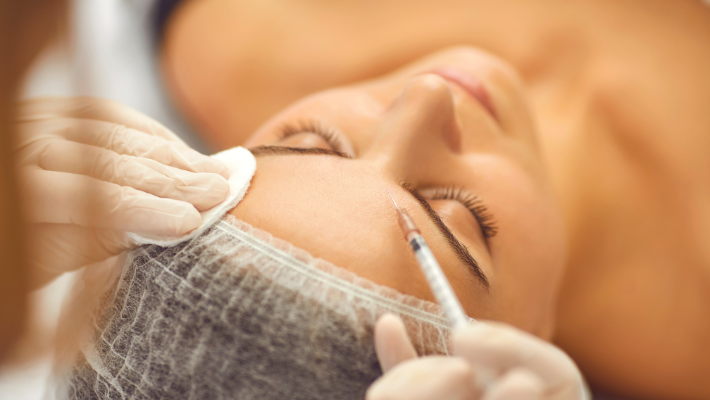
The aesthetics market in Brazil is vibrant and handles millions of procedures every year. However, with the growing popularity of skin and rejuvenation treatments, there are also serious concerns about public health safety. One of the most important issues recently addressed by the Brazilian Health Regulatory Agency (Anvisa) is the ban on using phenol in aesthetic procedures.
Understanding the Phenol Ban
Anvisa has banned the import, manufacture, handling, marketing, advertising, and use of phenol-based products in health and aesthetic procedures in Brazil. The decision was taken as a precautionary measure to protect the population from the risks associated with using this substance, and is valid indefinitely.
It is important to emphasize that the use of phenol was already banned in cosmetics. Currently, there are no phenol-based products regulated by Anvisa that are indicated for peeling– a technique that promotes skin cell renewal – or for any other aesthetic procedures.
The only authorized phenol-containing products remain those regulated as medicines or medical devices, exclusively for the conditions of use listed in their registrations. In other words, its use is highly controlled and restricted to specific medical purposes, with no connection to aesthetic procedures.
Why was phenol banned in aesthetics?
Phenol is an extremely potent substance that can cause serious damage to the skin, such as severe burns, infections, and systemic complications. Used improperly, it poses risks such as intoxication, cardiac arrhythmias, and even death.
With the increase in the number of procedures carried out outside hospital environments and often without proper medical supervision, the risk to patients has become unacceptable, leading Anvisa to adopt the banning measure as a precautionary measure.
Risks of Unsafe Aesthetic Procedures
In addition to the phenol issue, Anvisa emphasizes the need to take care with all types of cosmetic procedures. Treatments such as botulinum toxin, facial fillers, peels, micropigmentation, and laser hair removal, among others, involve real risks when carried out by unqualified professionals or in places without adequate infrastructure.
Complications can include infections, scarring, severe allergic reactions, burns, and permanent sequelae. Therefore, the choice of professional and location is fundamental to patient safety.
How to Guarantee Safe Aesthetic Procedures?
To protect themselves, Anvisa recommends that consumers follow some important guidelines:
- Check the premises: make sure the establishment has a license and good hygiene conditions.
- Research the professional: confirm their training and whether they are qualified to perform the procedure.
- Be wary of very low prices: safe procedures require quality materials and skilled labor.
- Confirm that the products are legal: demand information on the products used and check that Anvisa authorizes them.
- Observe hygiene: the use of disposable or properly sterilized materials is mandatory.
Anvisa’s warning about the use of phenol in aesthetics serves as an important reminder: seeking aesthetic treatments requires responsibility and attention to safety. Health should always come first.
Procedures carried out with unauthorized substances, by unqualified professionals, or in unsuitable environments can have serious, often irreversible consequences.
Stay alert, inform yourself, and always choose safety. After all, true beauty is that which respects and preserves your health!


